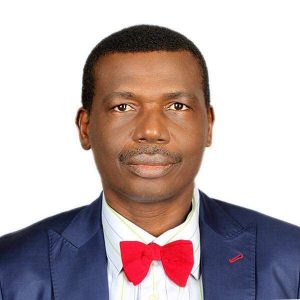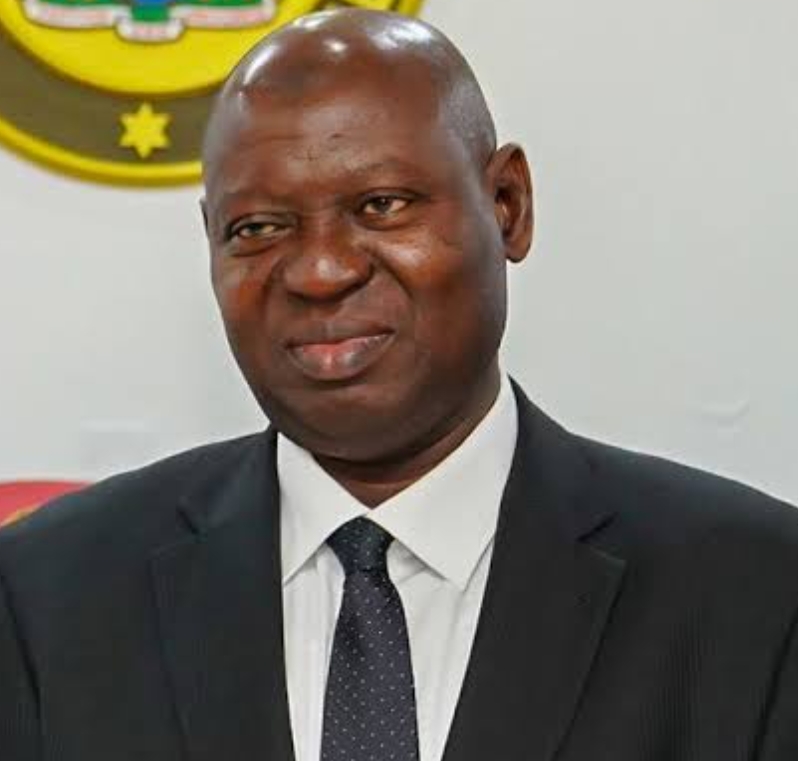Mixed reactions have continued to trail the announcement of electricity rationing in the Lagos Judiciary, and the introduction of fees for virtual court proceedings across all courts in the state. While some people agree with the steps the state Judiciary is taking to manage its resources, many others see it as commercializing the administration of Justice system which can only result in selling Justice to the highest bidder. Besides, many more argue that it is the responsibility of the government to make infrastructure available to the Judiciary at very less cost since justice is not a profit making venture, but one that right the wrongs in a society. They therefore say that the rationing of electricity and payment for virtual court proceedings is against that spirit and soul of the constitution of the Federal Republic of Nigeria.
Lagos State judiciary recently announced the payment of N30,000 fee per session for all remote or virtual court proceedings across the state from April 1, 2024. This is contained in a circular by the Acting Chief Registrar of the state, Mr Tajudeen Elias, dated March 28, 2024. The circular said all applications for virtual hearings must be made to the court hearing the matter. It added that payment shall be made upon approval to the court.
The circular said that the Assistant Chief Registrar Litigation in Ikeja or Lagos would schedule the case for hearing upon receipt of payment. “No other office or officers is authorized to conduct or schedule cases for virtual proceedings in the High and Magistrate Courts of Lagos State. The First Hightower Infotech Ltd. (FHTI) will continue to provide internet access and service for the courts where they currently offer such services. Court registrars are directed to ensure strict compliance with the circular,” it said.
It would be recalled that Gavel International, www.thegavel.com.ng started discussions on Virtual Court Proceedings when it held its Annual Conference on September 3, 2020 titled “Reporting Virtual Court Proceedings: Prospects and Challenges”. The conference was held in the thick of COVID-19 that forced the whole world to shut down due to the raging pandemic. Former Vice President, Prof Yemi Osinbajo SAN delivered the keynote address while others including Dele Adesina SAN, Femi Falana SAN, Prof Chidi Odinkalu, Dr Reuben Abati, Mr Richard Akinnola and a host of others participated and proffered how best to handle the issue of virtual court proceedings.
Four years later, the Nigerian Judiciary spearheaded by the Lagos Judiciary may have to be forced by circumstances to take the option of virtual court proceedings seriously as the system is challenged by a myriad of factors. One of the major challenges facing the state Judiciary is the issue of electricity which has greatly reduced the time courts could sit due to the unavailability of electricity. Ikeja High Court, the headquarters of the Lagos State Judiciary have been particularly hit, making the more than 40 courts in the Judicial Division run majorly on generators. The ever rising price of diesel also affects the management of the courts as they have to contend with costs beyond the budget for electricity and fueling.

It also may be recalled that during the mayhem the oldest court in Nigeria, Lagos High Court, Igbosere, was destroyed during during the #endsars riots of 2020. This has greatly affected the state Judiciary as it has to relocate courts to different locations across the Lagos Island metropolis. Presently some courts sit at Tafawa Balewa Square, near the ruins of the old court while others are at Osborne Foreshore Estate, Ikoyi. The logistics of maintaining infrastructures in these locations means additional cost to the Judiciary.
Due to these challenges, the Judiciary put out a notice recently on the rationing of the use of generators. “This is to bring to the notice of all members of staff that with effect from Monday, 18th March, 2024 the use of Generators in all our CourtHouses shall be operated within the following specified periods: A) Monday – Wednesday: Generators shall be between 10am – 2pm; B) Thursday – Friday: Generators shall be on by 10am – 1pm. Consequently, all ACRs are enjoined to disseminate this information to all Hon. Judges and Magistrates within their jurisdictions.”
There have been reactions to these major challenges facing the judiciary. Mr Musbau Famuyiwa, the Managing Director of Global T & T New Solutions Ltd. opined that the virtual hearing became popular in Nigeria during the COVID-19 pandemic. Global T&T is a partner of the Lagos State Ministry of Justice on virtual court proceedings.
Famuyiwa believes that virtual hearing was a means to ensure the continuity of court operations while adhering to social distancing guidelines. He said that the virtual hearing had been free from inception and its usage started since the beginning of COVID-19 to attend to pressing cases. He said that the payment of the fee would make the virtual hearing more effective by scaling it up to achieve and aid justice system.
He said: “In terms of scaling it up, judiciary does not have the capacity and infrastructural development that is why Global T& T is involved to help achieve the goal. If the judiciary finds the third party to fill in that gap to provide this service, it will go a long way. Imagine someone coming from Port-Harcourt to attend a matter in Lagos, you know how expensive that is but if such a person can join virtually, it will dramatically reduce the cost!
“Also, imagine a witness flying down from outside the country to give evidence when he can easily pay the sum of N30,000 to avoid flight tickets and other expenses.”
He reiterated that the court was not forcing anyone to pay for the fee or make use of virtual hearing. “People are already tapping into this service but the court is not forcing anyone to use the virtual hearing. The virtual hearing has also been extended to all magistrate courts in the state. The service charge of N30,000 is going to our company’s purse,” he said.
But Bayo Akinlade, former Chairman, Ikorodu branch of the Nigerian Bar Association (NBA), and presently, the Publicity Secretary, Nigeria Law Society differs.
He said: “We have had enough time to make virtual hearings the norm while physical appearances in open court should have taken a back seat. In light of the current power supply issues bedeviling the Judiciary in Lagos State and the high cost of fuel and food prices, and the recent measures taken by the Lagos State Government requiring civil servants to only come to work 3 to 4 times a week, one would think that the managers of the Justice Sector would be more innovative in their approach to issues of great importance such as the economic conditions of Citizens;

With Lagos State Judges and Magistrates facing inadequate court rooms where some can’t seat for more than three days a week or work for more than five hours a day due to the lack of electricity supply, one would think VIRTUAL HEARINGS would be a viable, less expensive, effective and efficient alternative but unfortunately our colleagues on the BENCH have weaponize the very thing that would have put less burden on our Judges, Lawyers and Litigants;
I have observed the Virtual Hearing infrastructure and services of the Lagos State Judiciary for some time now and I can only wonder who in the world are the Judiciary taking advice from because we know that the Judiciary within its ranks have very little internal expertise regarding technology to be able to counter any external suggestions that may be self serving and may not meet the ends of Justice the citizens are hoping for;
I will not say more on this but it is clear that the Judiciary has only put a price tag on virtual hearings but has not shown any capacity to make it efficient, effective and sustainable.
Human rights lawyer and activist, Ebun Olu-Adegboruwa sees the non availability of electricity in the judiciary as a ploy of the government to impose civilian dictatorship on the people since it would hamper the functionality of the third arm of government.
He said: “The judiciary is the third arm of government and its impact is felt mostly in the courtrooms. There can be no excuse for such an important institution not to function for the benefit of the citizens. From my own personal observations and experience, most of the cases in court are against executive actions, such as unlawful arrests and detentions, wrongful termination of employment, wrongful acquisition of land, wrongful intervention in chieftaincy disputes, arbitrary and inconsistent policies and backlog of criminal cases; as I have always maintained, it pays the executive for the judiciary not to function;
Civilian dictatorship thrives in the face of a powerless judiciary, impunity reigns in an atmosphere of lawlessness and a helpless judicial system and the rule of might succeeds in a society where the wheels of justice grind slowly. The economy suffers from a judicial system that has been rendered comatose because the swift resolution of commercial disputes is one of the factors that wise investors consider before taking any decision on investment. As we cannot afford a system that celebrates failure or promotes lawlessness, concerted efforts must be made to ensure unhindered access to justice by all and sundry. The peace and stability of any society depend largely on the effectiveness of its judicial sector”, he concluded.
Dear readers, we really need your support to keep on serving you with authoritative, truthful, and juicy stories everyday. For your support, please reach out to the editor @gavelinternational66@gmail.com

